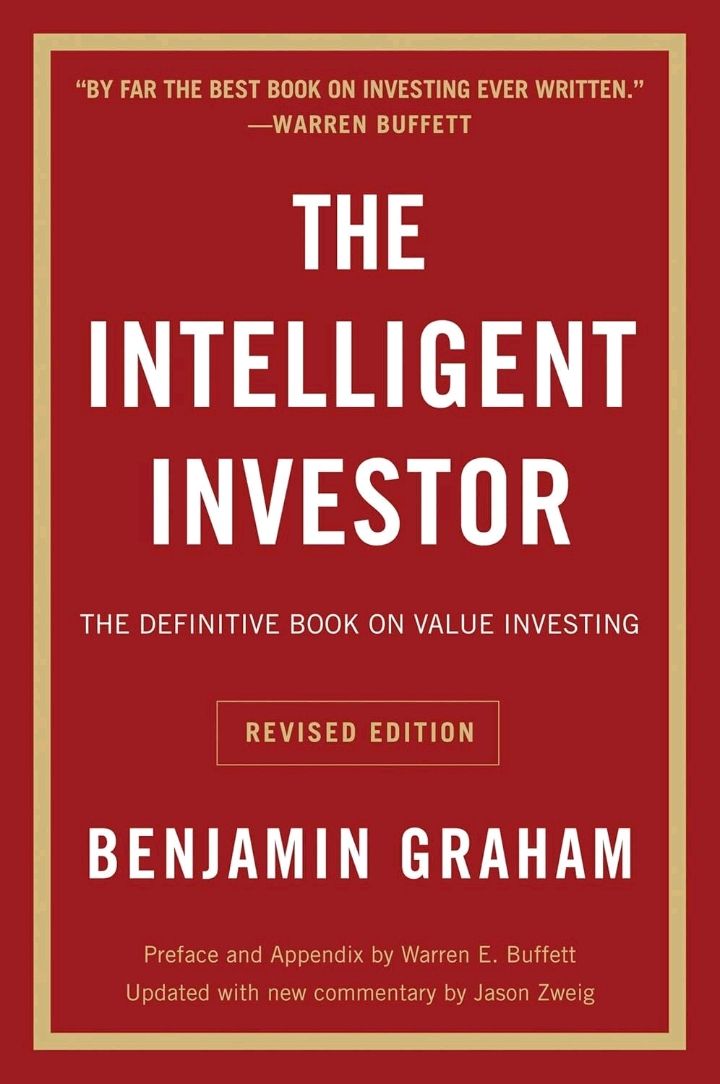Emotions affect financial decisions from "summary" of The Psychology of Money - Gujarati Edition by મોર્ગન હાઉઝેલ
Our emotions play a crucial role in the decisions we make about money. We may think that we are rational beings who make logical choices based on facts and figures. However, the truth is that our emotions often drive our financial decisions more than we realize. When we feel fear, we may be more likely to make decisions based on avoiding losses rather than seeking gains. This can lead to missed opportunities for growth and wealth accumulation. On the other hand, when we feel overconfident, we may take unnecessary risks that can result in financial setbacks. Our emotions can also influence how we perceive and respond to market fluctuations. In times of volatility, we may be tempted to panic and sell off our investments in a knee-jerk reaction to fear. This can result in selling low and missing out on the potential for future gains when the market rebounds. Moreover, our emotions can affect our long-term financial planning. For example, if we feel anxious about retirement, we may be more likely to make impulsive decisions about saving and investing without considering the long-term consequences.- We can make more informed and rational decisions that align with our financial goals. Ultimately, mastering our emotions can lead to greater financial security and success in the long run.
Similar Posts

Consider the overall economic environment when investing
When making investment decisions, it is imperative to take into account the broader economic landscape in which one is operatin...
Remember that investing is a marathon, not a sprint
Investing is a long-term game. It's not about making a quick buck or trying to time the market perfectly. Instead, it's about h...

Overcoming biases requires selfawareness and discipline
To improve decision-making, individuals must first recognize that they are prone to various biases. It is crucial to acknowledg...
Contrarian investing requires a contrarian mindset
Contrarian investing is not for the faint of heart. It requires a unique approach to the market, one that goes against the grai...

Poor people work for money
The concept of poor people working for money is a fundamental truth that many people fail to grasp. It is a simple concept, yet...
Focus on asset allocation
Asset allocation is the most important decision that investors will make. It is not about picking the right stock or mutual fun...

Dollarcost averaging can help smooth out market fluctuations
Dollar-cost averaging involves investing a fixed amount of money at regular intervals, regardless of market conditions. By cons...
Markets are prone to sudden regime shifts
The notion that markets are susceptible to abrupt regime changes is a key concept in understanding the dynamics of stock market...
Mind is shaped by both genes and environment
The complex interplay between genetics and environment shapes our minds in ways that we are only beginning to understand. Our g...
Automate savings
Automating savings is a simple concept that can have a profound impact on your financial well-being. It involves setting up a s...

